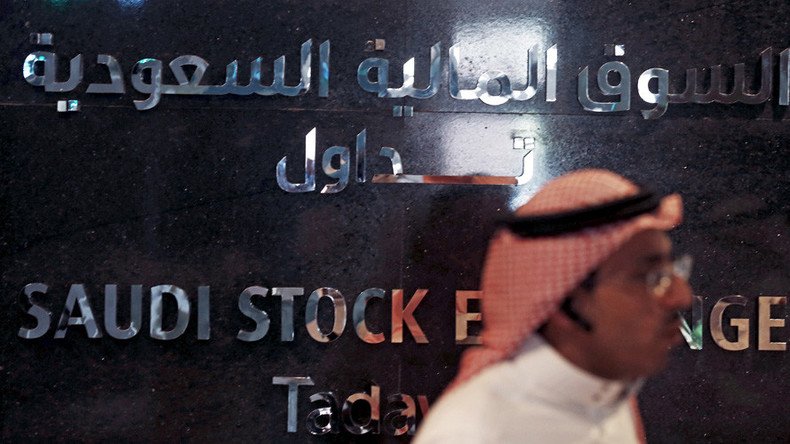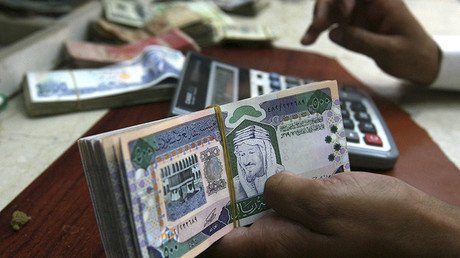Saudi Arabia says it can move beyond crude

Riyadh has outlined an ambitious economic development plan aimed at dramatically reducing its dependence on crude prices, Reuters reports. Last year Saudi Arabia saw a $98 billion deficit because of low oil prices.
The authorities intend to restructure the economy by investing more in other sectors, particularly in healthcare, tourism and IT. Saudi Arabia also says it intends to liberalize the market in order to attract foreign investors.
"It's going to switch from simple quantitative growth based on commodity exports to qualitative growth that is evenly distributed across the economy,” said Khalid al-Falih, chairman of national oil company Saudi Aramco.
Commerce and Industry Minister Tawfiq al-Rabiah said Saudi Arabia had been a victim of the so-called "Dutch disease" - total dependence on oil in the economy - but is now trying to change that.
Saudi Arabia had $628 billion in reserves in November, but analyst doubt Riyadh’s ability to implement the changes, as almost two-thirds of local workers are in the public sector.
"The transition away from being a renter state is not a comfortable one,” David Chaudron, managing partner of the California-based Organized Change Consultancy told Reuters.
"They’re trying. But the fundamental question is: will their trying bear enough fruit before the downside of the current system hits? Or is it a day late and a dollar short? Will the forces of change ultimately be enough to overcome the inertia of the current system? I don’t know,” he added.
READ MORE: Saudi debt risk on par with junk-rated Portugal
Saudi Arabia, the leading country in OPEC, is considered by some to be the main culprit behind the crude price collapse. The Kingdom refuses to cut crude production despite the supply glut on the global market.
Prices have fallen from $115 in July 2014 to about $30 per barrel on Tuesday.













